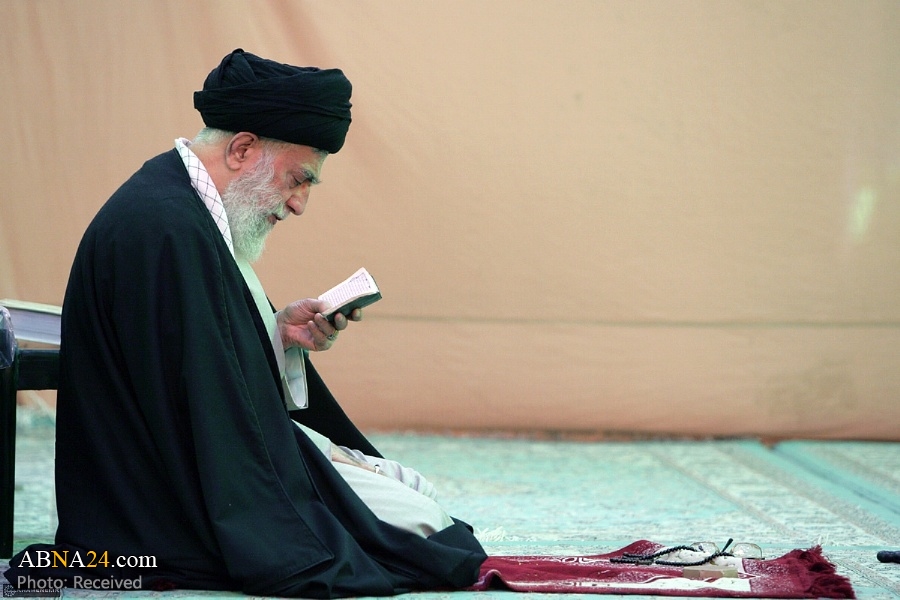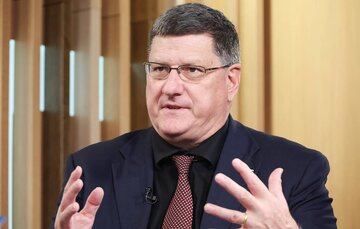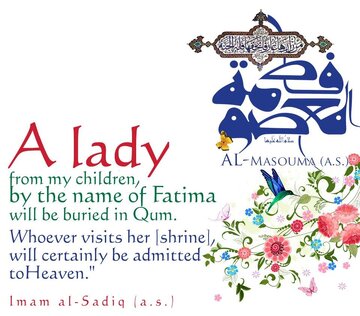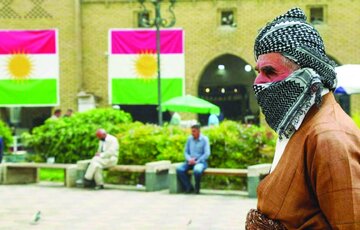(AhlulBayt News Agency) - Once again, the auspicious month of Ramadan has arrived with all its blessings and spiritual beauty. Before the commencement of the holy month of Ramadan, the Holy Prophet (s.w.a.) would prepare the people for entering this important, lofty and blessed arena: "The month of God has come to you with its blessings and mercy" [Uyun Akhbar al-Ridha, v 1, p. 295]. According to one narration, the Holy Prophet (s.w.a.), in a sermon which was delivered on the last Friday of the month of Sha'ban, said to the people, "The month of Ramadan arrived" [Iqbal al-A'maal, v 1, p. 2]. If we want to describe the month of Ramadan in just one statement, we should say that "it is the month of opportunities." In this month, there are many opportunities ahead of you and me. If we can make use of these opportunities, in the right way, a great and valuable resource will become accessible to us.
In the very same sermon, which was referred to earlier, the Holy Prophet (s.w.a.) said: "This is a month in which you have been invited to a divine celebration." One should think deeply about this statement which reads, "We have been invited to a divine celebration." It is not obligatory for all people to benefit from this divine celebration; no, it has been made an obligation. We have the power to choose whether or not we will benefit from this divine celebration. There are some people who do not find the opportunity to pay attention to this invitation at all. They are so thoughtless; they pay very close attention to materialistic issues and the materialistic world that they do not notice when the month of Ramadan arrives and when it ends. They are like those who are invited to a very important and blessed celebration, but they do not have the time to take part in it, and they do not even look at the invitation card: these people deprive only themselves of all the blessings.
Some people realize that there is such a celebration, but they do not join in. These are the same people whom Allah the Exalted has not bestowed His kindness on. These are the same people who -- although they have no excuse -- do not fast and deprive themselves of reading the Holy Quran or reciting the prayers for the month of Ramadan. There are some people who do not join in this celebration. It is clear what will become of them. A large number of Muslim people -- people like us -- join in this divine celebration, but we do not benefit from it to the full extent; however, a number of people benefit from it to the full extent.
The hardships that exist during Ramadan's celebration -- the hardships that one endures because of fasting or hunger -- are perhaps the greatest achievements of this divine celebration. Fasting has such a great number of blessings -- in terms of the spirituality and enlightenment that it bestows on one's heart -- that, perhaps, it can be said it is the greatest blessing of this month. A number of people fast; thus, these people have joined in this celebration, and they have benefited from it.
As well as fasting -- which is the spiritual hardship of this auspicious month -- these people [who benifet] follow Quranic teachings in a perfect manner: they think deeply when they read the Holy Quran. Reading the Holy Quran at nights and at midnights, developing a close relationship with the Quran, and being addressed by God while one is fasting or while one is enlightened, as a result of fasting, gives them a special kind of pleasure, and it has a special significance attached. The blessings that one obtains out reading the Holy Quran, with such deep thought and emotion, cannot be obtained under normal circumstances. Blessed people benefit from such reading of the Holy Quran. Furthermore, they benefit from speaking to Allah the Exalted, being addressed by Him, praying to Him, and opening up their hearts to Him: they can accomplish this by reading the prayers of Ramadan. Reading the dua 'Abu Hamza al-Thumali' and the duas of the days, nights, and early mornings of Ramadan is a type of communication with God, it involves making requests from God and getting close to God. These people (who celebrate Ramadan properly) benefit from these things too; therefore, they benefit from all the blessings of this divine celebration.
September 14, 2007
/129
19 May 2018 - 06:41
News ID: 894037

If we want to describe the month of Ramadan in a sentence, we should say that it is the month of opportunities. In this month, there are many opportunities ahead of you and me. If we can make use of these opportunities in the right way, a great and very valuable resource will be accessible to us.




